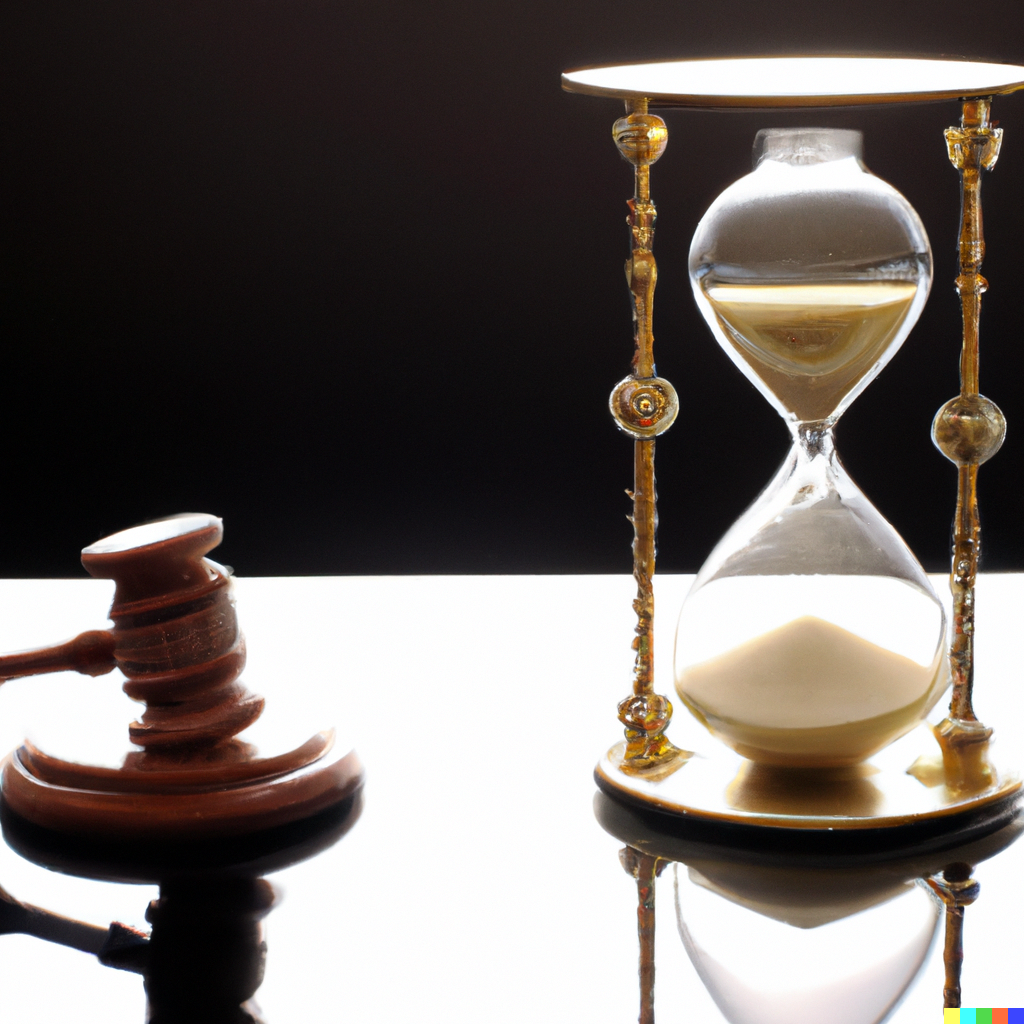The limitation period of 12 years of the execution of a decree starts when the decree becomes enforceable.
This is a legal case in the Indian Supreme Court where the appellants are challenging the decision of the High Court of Madhya Pradesh to dismiss their revision petition regarding the execution application filed after 12 years from the date of the decree. The issue at hand is whether the limitation period for executing a decree should be calculated from the date of the compromise decree or the date of the final decree passed by the civil court. The Court discusses Article 136 of the Limitation Act, 1963, and previous case laws related to the enforceability of decrees. The case involves a compromise decree from 1960, and the Court reproduces clause 6 of the said decree.
“The limitation period would commence only with the decree becoming enforceable and thus is capable of being executed. In the instant case, the relevant date from which the period of limitation will begin only with effect from 31.03.1994. The period of twelve years is computable from the said date, hence the Execution Application made on 17.07.1995 is within Limitation.”
SHAIFUDDIN (DEAD) THR. LRS. …APPELLANT
VERSUS
KANHAIYA LAL (DEAD) THR. LRS. & ORS. …RESPONDENTS decided by the Supreme Court on 17.04.23

